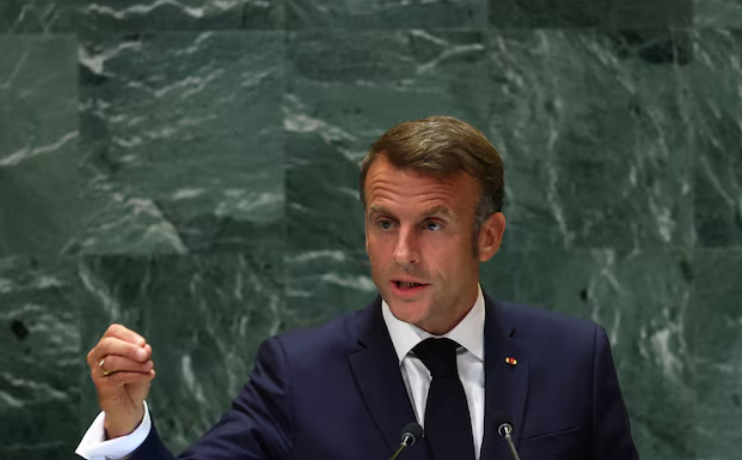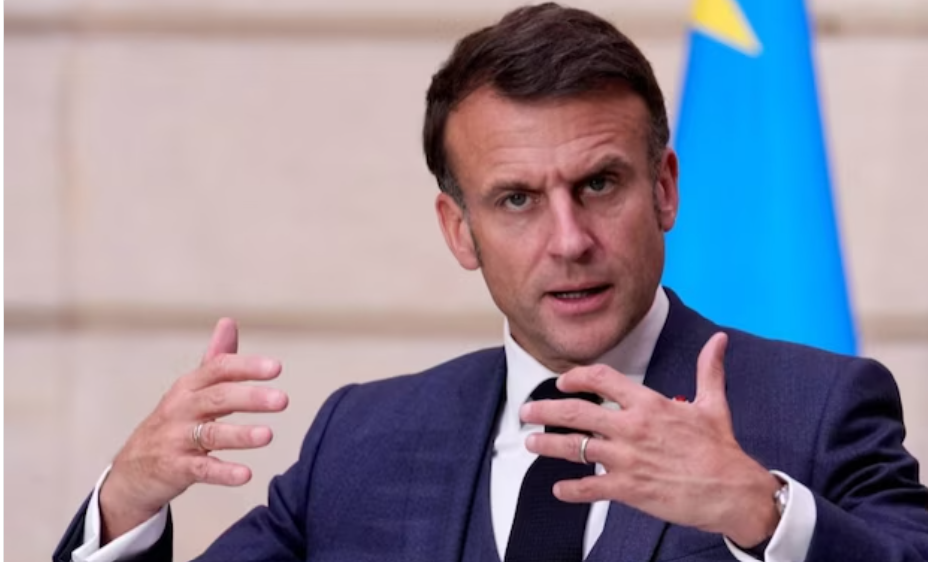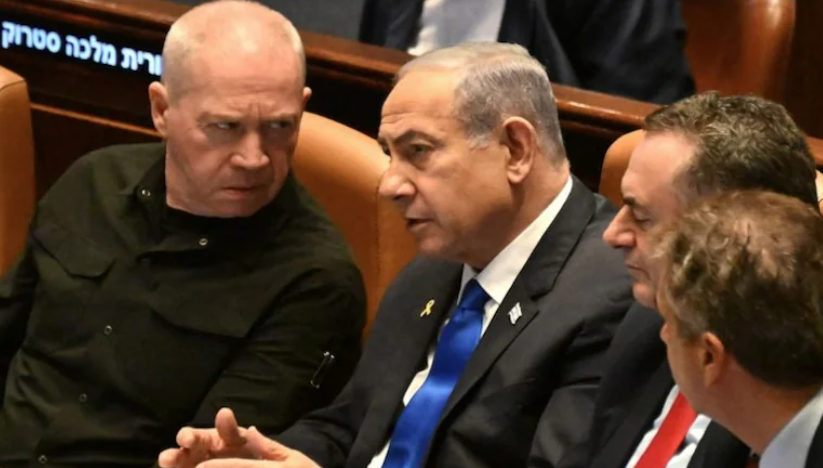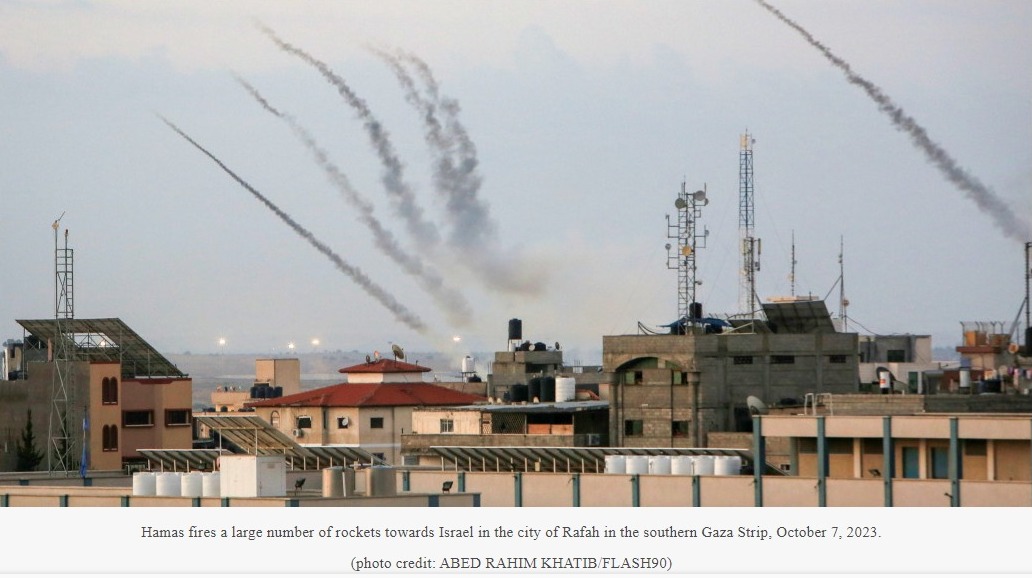In a significant boost to India’s efforts to secure a permanent seat on the United Nations Security Council (UNSC), French President Emmanuel Macron expressed full support for expanding the council to make it more inclusive. Addressing the UN General Assembly, Macron emphasized the need for the UNSC to adapt to the changing global order by including new permanent members such as India, Germany, Japan, and Brazil, along with two representatives from Africa.
France supports the expansion of the Security Council. Germany, Japan, India, Brazil, and two African nations should be permanent members, Macron stated. However, he cautioned that simply expanding the UNSC would not be enough to restore its effectiveness. He called for reforms in the council’s working methods, including limiting veto power in cases of mass atrocities and enhancing operational decision-making for peacekeeping.
The time has come to regain efficiency to act better on the ground, Macron concluded, highlighting the need for urgent UNSC reforms against the backdrop of recent global crises, including the Ukraine war and the Gaza conflict.

India’s Growing Momentum for UNSC Reform
India’s push for a permanent seat has gained traction, particularly after the Quad nations—comprising the United States, India, Japan, and Australia—reaffirmed their support for UNSC reform during their sixth summit. U.S. President Joe Biden echoed this sentiment in recent bilateral talks with Prime Minister Narendra Modi, commending India’s role in international peacekeeping and its position as the world’s largest democracy. U.S. Secretary of State Antony Blinken also voiced support for India’s bid, advocating for permanent seats for India, Japan, and Germany, alongside Africa’s representation.
This growing international backing reflects a broader recognition that India’s inclusion would bolster the legitimacy and effectiveness of the UNSC.
The Need for Change in an Outdated System
The current UNSC structure, established post-World War II, consists of five permanent members with veto powers— the U.S., China, France, Russia, and the U.K.—along with ten non-permanent members elected for two-year terms. Critics argue that this setup is outdated and unrepresentative of today’s geopolitical realities, with UN membership having expanded from 50 countries at its inception to 193 today.
India’s External Affairs Minister S. Jaishankar highlighted these shortcomings during his recent address at the G20 Foreign Ministers’ Meeting. The UN remains a prisoner of the past, and it must evolve with the world, Jaishankar said, advocating for reforms in global governance, particularly the UNSC. He stressed that the Global South, including Asia, Africa, and Latin America, must be given a rightful voice in global decision-making.
Jaishankar warned that without reforms, including an expansion of both permanent and non-permanent membership, the UNSC’s lack of effectiveness will persist, undermining its credibility and ability to maintain international peace.
India’s quest for a permanent seat on the UNSC is gaining support from key global players, with calls for reform growing louder. As the world faces increasingly complex challenges, expanding and modernizing the UNSC is crucial for maintaining global stability and ensuring fair representation in international governance.




